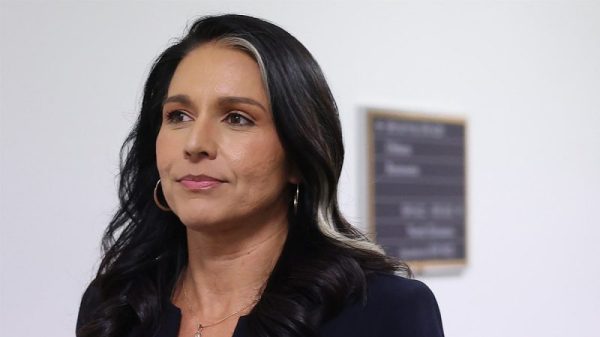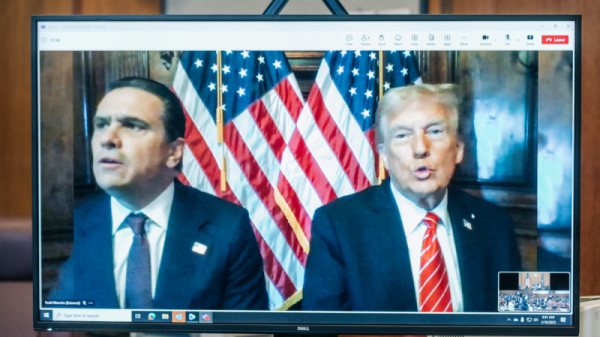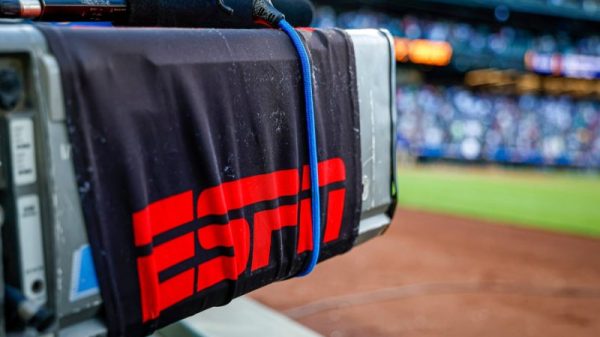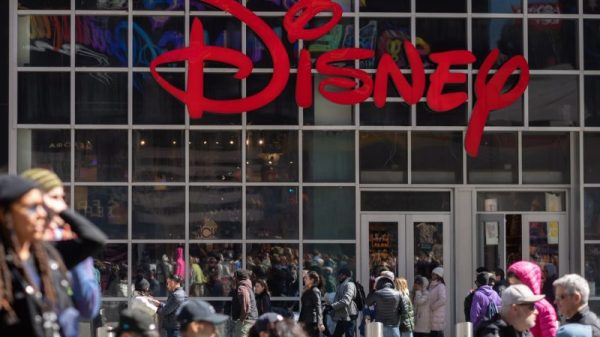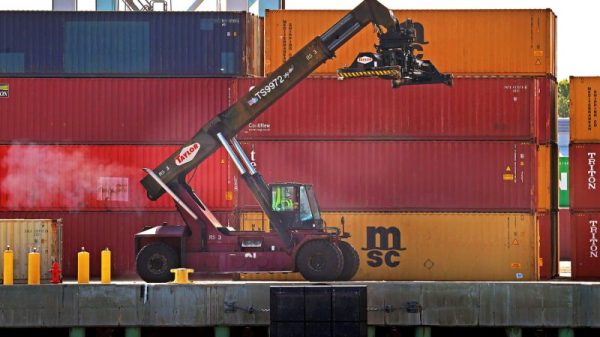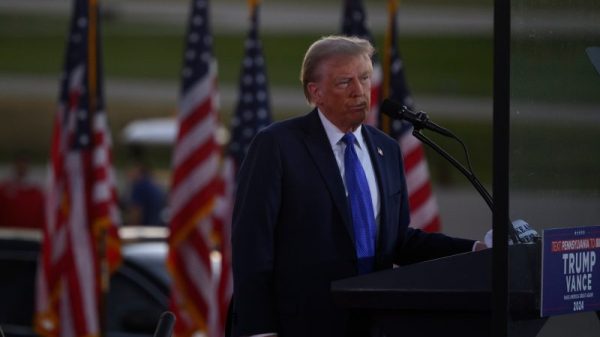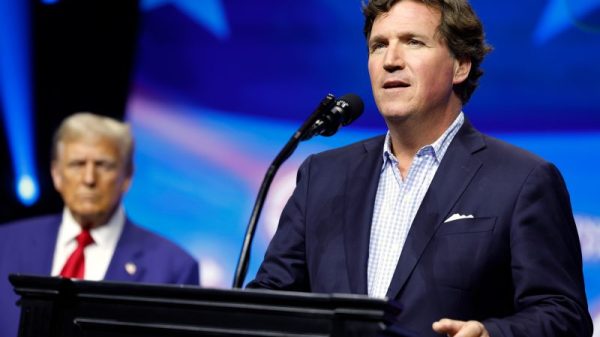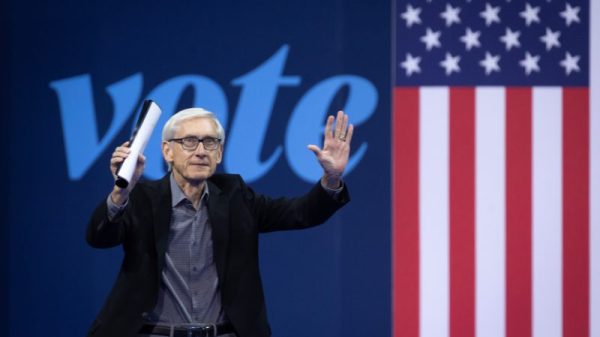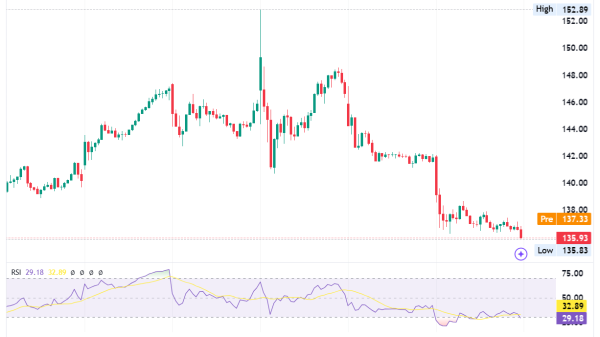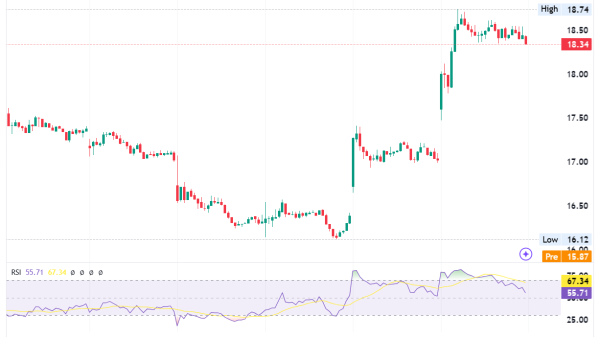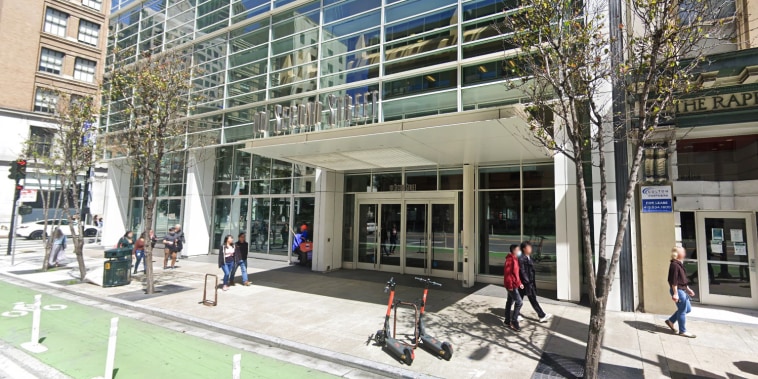A dispute between a fintech startup and its banking partners has ensnared potentially millions of Americans, leaving them without access to their money for nearly two weeks, according to recent court documents.
Since last year, Synapse — an Andreessen Horowitz-backed startup that serves as a middle-man between customer-facing fintech brands and FDIC-backed banks — has had disagreements with several of its partners about how much in customer balances it owed.
The situation deteriorated in April after Synapse declared bankruptcy following the exodus of several key partners. On May 11, Synapse cut off access to a technology system that enabled lenders, including Evolve Bank & Trust, to process transactions and account information, according to the filings.
That has left users of several fintech services stranded with no access to their funds, according to testimonials filed this week in a California bankruptcy court.
One customer, a Maryland teacher named Chris Buckler, said in a May 21 filing that his funds at crypto app Juno were locked because of the Synapse bankruptcy.
“I am increasingly desperate and don’t know where to turn,” Bucker wrote. “I have nearly $38,000 tied up as a result of the halting of transaction processing. This money took years to save up.”
Until recently, Synapse, which calls itself the biggest “banking as a service” provider, helped a wide swath of the U.S. fintech universe provide services like checking accounts and debit cards. Former partners included Mercury, Dave and Juno, well-known fintech firms that catered to segments including startups, gig workers and crypto users.
Synapse had contracts with 20 banks and 100 fintechs, resulting in about 10 million end users, according to an April filing from founder and CEO Sankaet Pathak.
Pathak didn’t immediately return an email seeking comment. A spokesman for Evolve declined to comment, instead pointing to a statement on the bank’s website that read, in part:
“Synapse’s abrupt shutdown of essential systems without notice and failure to provide necessary records needlessly jeopardized end users by hindering our ability to verify transactions, confirm end user balances, and comply with applicable law,” the bank said.
It is unclear why Synapse switched the system off, and an explanation couldn’t be found in filings.
Another customer, Joseph Dominguez of Sacramento, California, told the bankruptcy court on May 20 that he had more than $20,000 held up in his Yotta fintech account.
“We are scared that money will be lost if Synapse can not provide ledgers and documents to Evolve or Yotta to prove we are the legitimate owners,” Dominguez wrote. “We don’t know where our direct deposit has gone, we don’t know where our pending withdrawals are currently held.”
The freeze-up of customer funds exposes the vulnerabilities in the banking as a service, or BAAS, partnership model and a possible blind spot for regulatory oversight.
The BAAS model, used most notably by the pre-IPO fintech firm Chime, allows Silicon Valley-style startups to tap the abilities of small FDIC-backed banks. Together, the ecosystem helped these companies compete against the giants of American banking.
Customers mistakenly believed that because funds are ultimately held at real banks, they were as safe and available as any other FDIC-insured accounts, said Jason Mikula, a consultant and newsletter writer who has tracked this case closely.
“This is 10 million-plus people who can’t pay their mortgages, can’t buy their groceries … This is another order of disaster,” Mikula said.
Regulators have yet to take a role in the dispute, partly because the underlying banks involved haven’t failed, the point at which the FDIC would usually intervene to make customers whole, Mikula added.
The FDIC and Federal Reserve didn’t immediately return calls seeking comment.
In pleading with the judge in this case, Martin Barash, to help the impacted customers, Buckler noted in his testimonial that while he had other resources besides the locked account, others are not as lucky.
“So far the federal government is not willing to help us,” Buckler wrote. “As you heard, there are millions affected who are in far worse straits.”
Reached by phone on Wednesday, Buckler said he had one message for Americans:
“I want to make people aware: Yeah, your money might be safe at the bank, but it is not safe if the fintech or the processor fails,” he said. “If this is another FTX, if they were doing funny business with my money, then what?”



